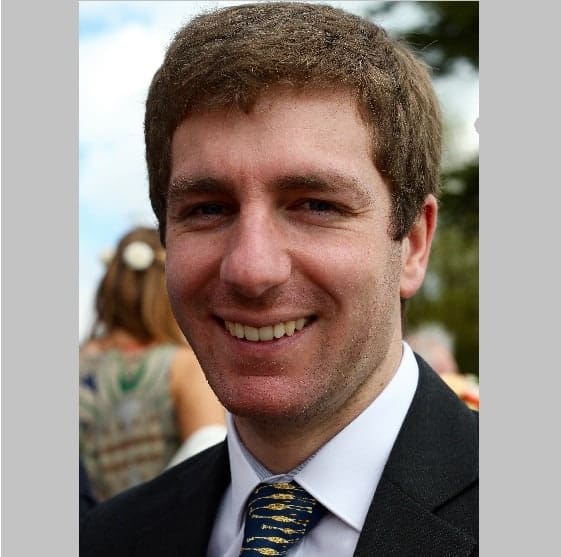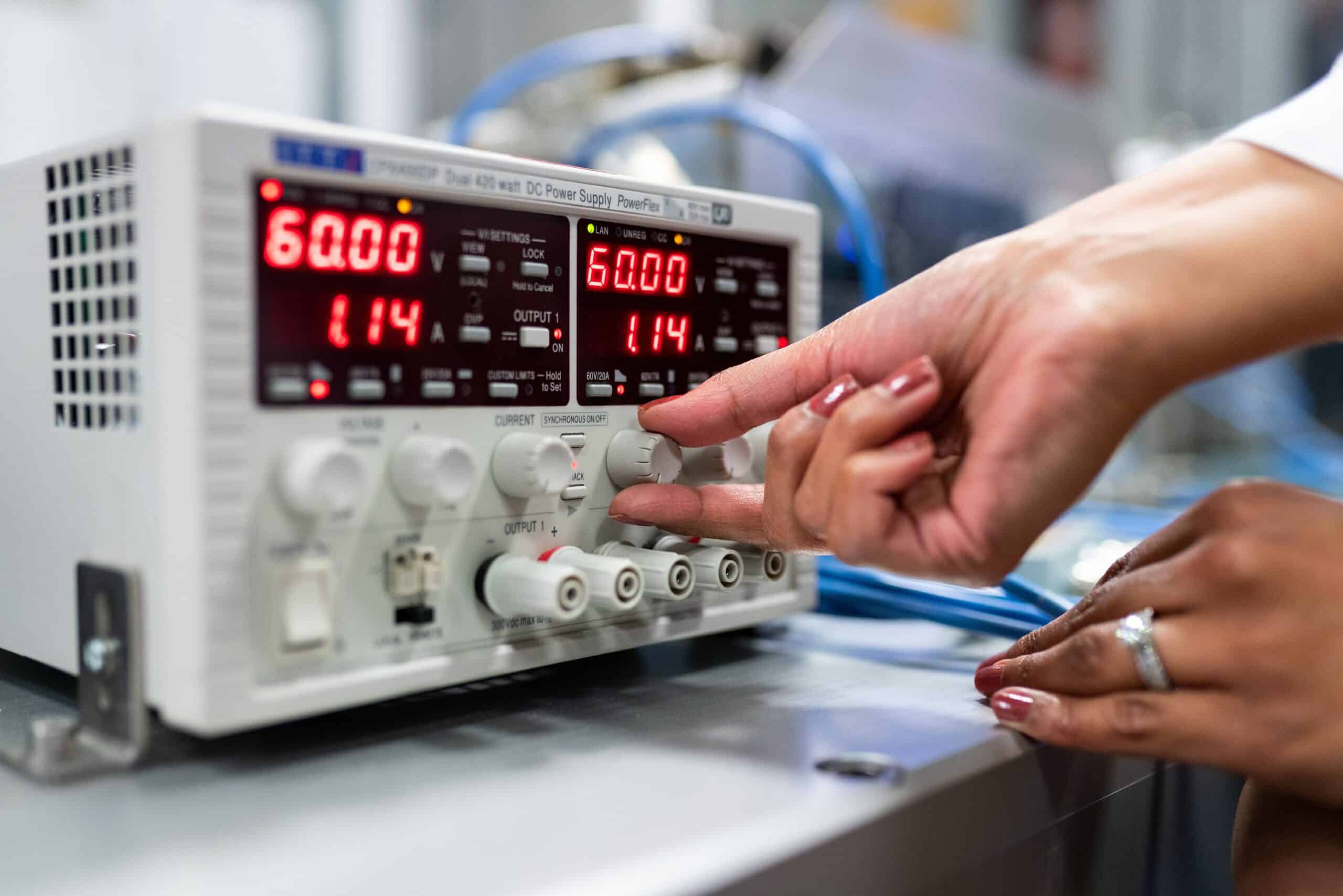Name: Ben Saxby
Job Title: FEA Software Engineer
Organisation: Opera FEA Software, Cobham Technical Services
Number of years in current position: One year.
Qualifications: MMath Maths (Warwick), MSc Maths and Computational Science (Manchester), PhD Applied Maths (Manchester)
Briefly describe the organisation you work for.
Cobham Technical Services develop the Opera suite of electromagnetic design software. Opera is used for many different applications including the design of motors, generators, transformers, MRI machines, X-ray machines, lasers, particle accelerators etc. We’ve even designed magnets for a mass spectrometer that has landed on a comet!
Explain what you do on an average day at work.
Typically, I divide my time between fixing bugs in the software that have been reported by customers and developing new features based on requests from customers. Sometimes this requires changing just a single line of code, but often it means planning carefully what needs to be done and then working together with other developers to implement a feature. I am also very lucky that surprisingly little else gets in the way of those two tasks.
What do you like most about your job?
I like combining my understanding of both real-world problems and the mathematical models behind them. If you get stuck with one then a closer look at the other is often the key. I also like being able to discuss problems with colleagues. It’s not all about just sitting at your desk pulling your hair out!
What stimulated your interest in maths, and when?
I first thought of maths as a “real subject” as opposed to “just numbers” towards the end of secondary school. Previously I had walked into a maths lesson with a new teacher who had written on the board “maths is fun!” Although I did not believe him then, I’ve since found that the more maths you learn, the more interesting it becomes.
What influenced your career choice?
I wanted to apply the knowledge and skills that I had learned in my degree directly to my work. Writing electromagnetic design software is the perfect opportunity to do that. I suppose having the opportunity to work for Cobham for a 6 month internship during my PhD and then being invited back for a permanent position afterwards also helped to influence my career choice.
Which skills do you consider to be essential for your job?
Aside from the maths itself, it is important for me to be able to communicate with a wide range of people to interpret requirements and also to explain what I am doing, so good communication skills are necessary. Good time management skills also come in handy to keep on top of all the different things that need doing.
Any advice you may have for other individuals considering your career path.
Once you have decided you want to work as a mathematician in industry then I would recommend getting as much industrial experience as possible. It doesn’t necessarily matter exactly what you do, but it will certainly help when it comes to interviews. Take advantage of every opportunity that comes your way.






